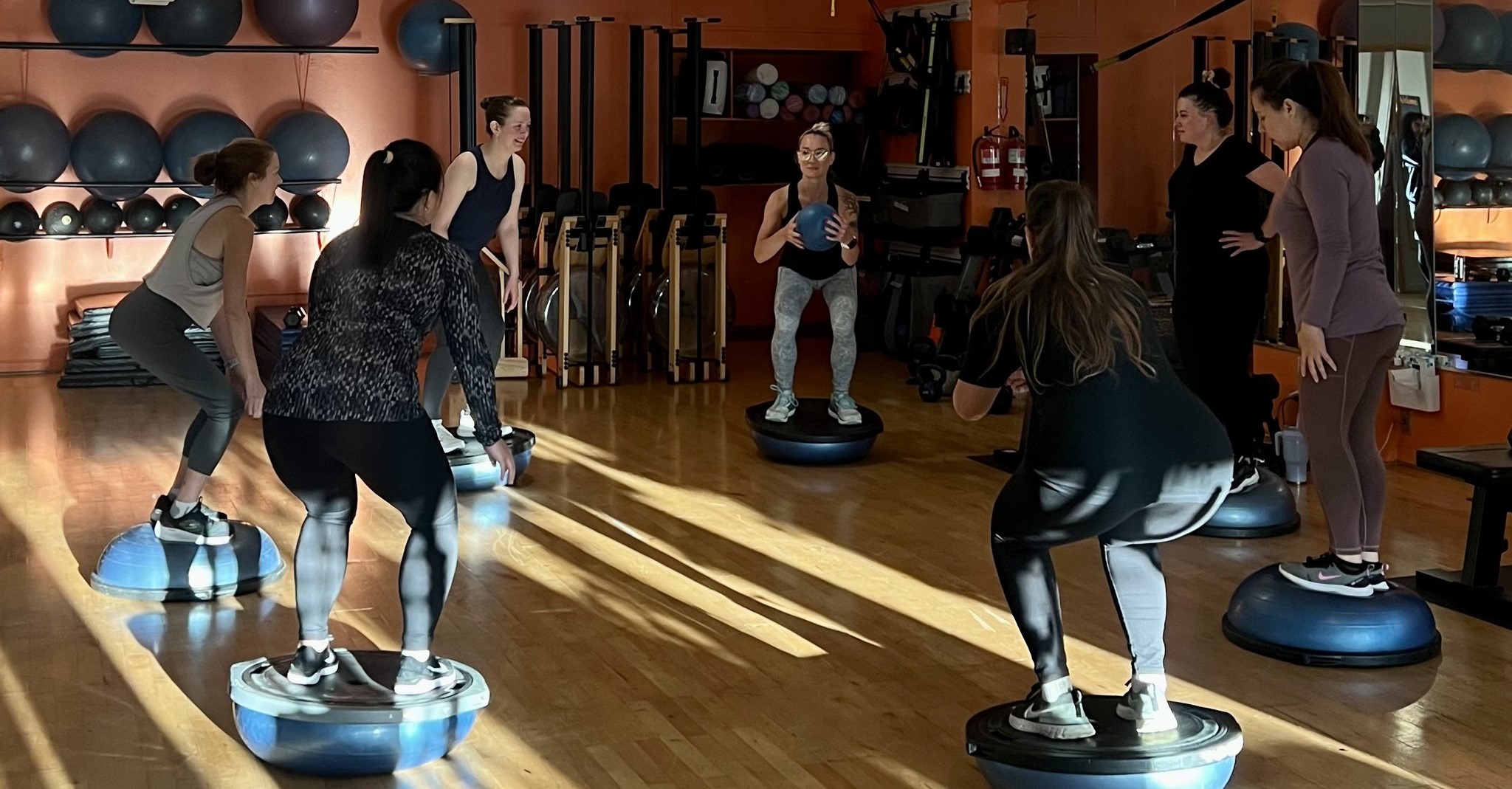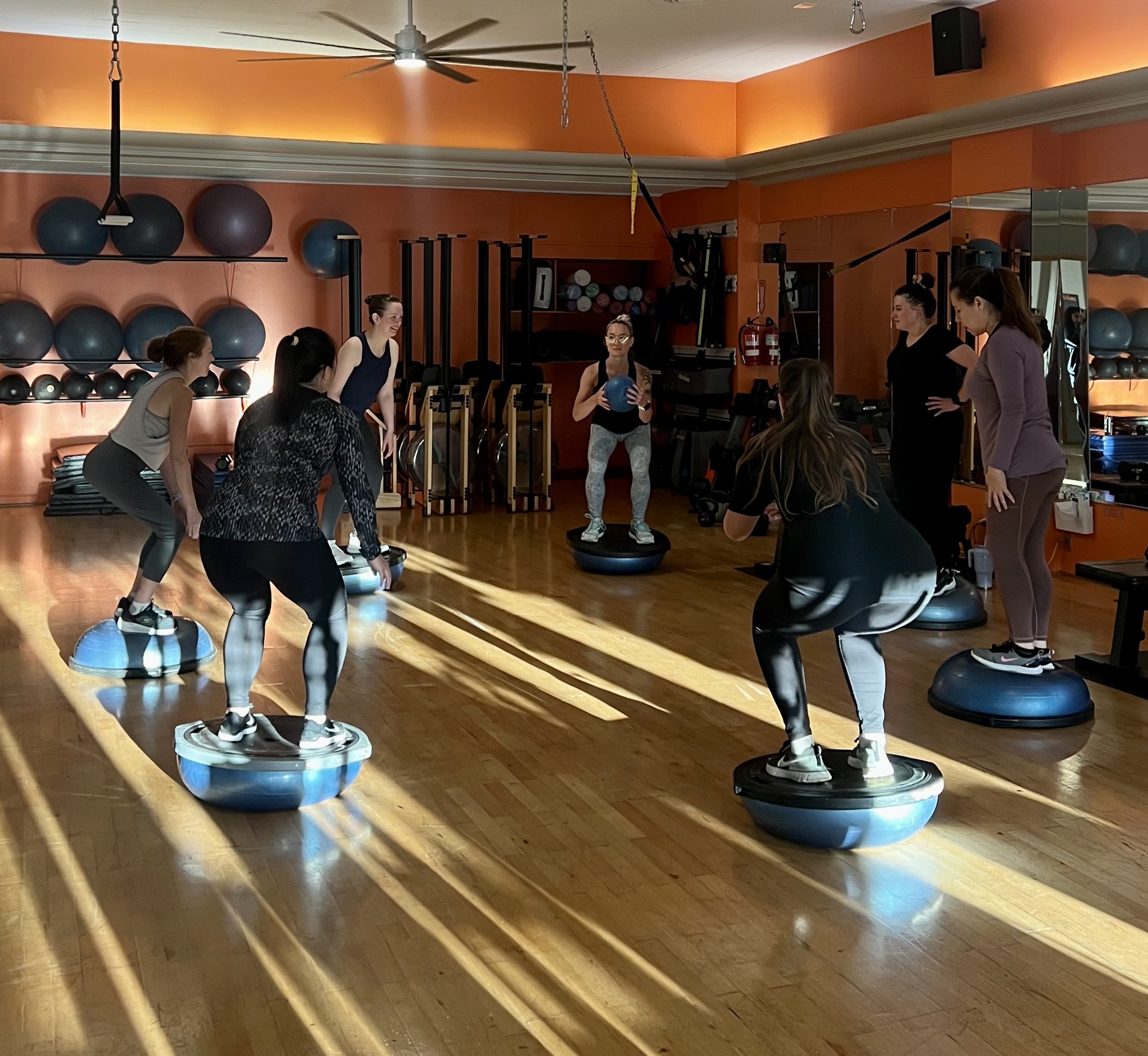The Health Issues With Being Too Comfortable

Labor saving devices and the comforts of the modern world that are supposed to be making our lives easier are actually causing disease, early deaths and mental health issues. Michael Easter, author of “The Comfort Crisis: Embrace Discomfort to Reclaim your Wild, Happy, Healthy Self” explores our current relationship with and ability to manage discomfort.
Easter’s key concepts that may cause you to better support your optimal health with lifestyle changes:
Embrace Physical Discomfort
Our bodies and minds benefit from movement and physical exertion. A sedentary lifestyle with extended periods of sitting is considered the new smoking and is causing a rapid increase in obesity and multiple health issues. These issues include heart disease, diabetes, and cancer.
Here’s some ways to incorporate physical discomfort in your life:
 Move your body daily. Strive for 5000-10000 steps per day.
Move your body daily. Strive for 5000-10000 steps per day.
Try to use less equipment, technology and labor-saving devices and do things the ‘hard’ way.
Exercise regularly. Challenge your heart and lungs through cardiovascular exercise and your muscles by strength training.
Incorporate at least 1-2 more challenging, high-intensity workouts per week.
Schedule a more aggressive challenge every few months. Perhaps enroll in a local race, complete a physical assessment and try to improve your score, or tackle a challenging hike or bike ride.
Once per year consider attempting a physical feat, a misogi, that will really push your limits.
Embrace Hunger
Easter suggests that our abundant lifestyle and the constant access to food anytime, anywhere has caused Americans to overconsume. This is one of the factors resulting in our obesity crisis. We are a Supersize society, and most Americans don’t know what it’s like to be hungry. People feed from the time they wake up until the time they go to bed resulting in only a few hours every day that their body isn’t digesting food.
Tips to Help Avoid Overconsuming
Try a form of intermittent fasting. We all practice fasting to some extent, but some may only fast for a few hours every night while others may try to increase their fasting window to 15+ hours. It is generally recommended that you try to have about 13 hours every night when you are not consuming any food or drink. So, that means if you finish eating at 7pm, you don’t eat again until 8am. Allow your body some time to digest and absorb the nutrients in your food and be okay with not always reaching for those late night comfort foods.
Avoid Overeating – Get into the habit of not stuffing yourself when you eat. Think of your hunger level on a scale of 1-10 with 1 being ravenous and 10 being gorged. Try to stop eating when you’re satisfied, but could eat a little more or feel full but not uncomfortable. Practice mindful eating and being aware of your hunger cues.
Embrace Silence, Solitude and Boredom
In modern society, we are constantly stimulated by our cell phones, TVs, computers, music, and people. Easter encourages us to spend time alone and learn to be okay with silence and boredom. Understand that it’s important for our mental health to not be stimulated every waking hour. Set boundaries on your device usage, ask for cell phones to be put away during meals, and practice good sleep rituals by shutting down electronic devices an hour before bed.
Embrace Nature
There are numerous studies that have documented the importance of and the physical and mental benefits of spending time outdoors. Spend some time outside every day and schedule an outdoor walk, hike, bike ride or other activity in nature as often as possible. Be okay with tackling undesirable weather and the elements. Knowing that you can endure hard things when the conditions aren’t perfect will develop physical and mental grit.
“The Comfort Crisis” is a wake-up call to examine our lifestyles, step out of our comfort zones, and challenge our limits if we truly want to be healthy and happy.
Yours in health & fitness,
Sherri McMillan
